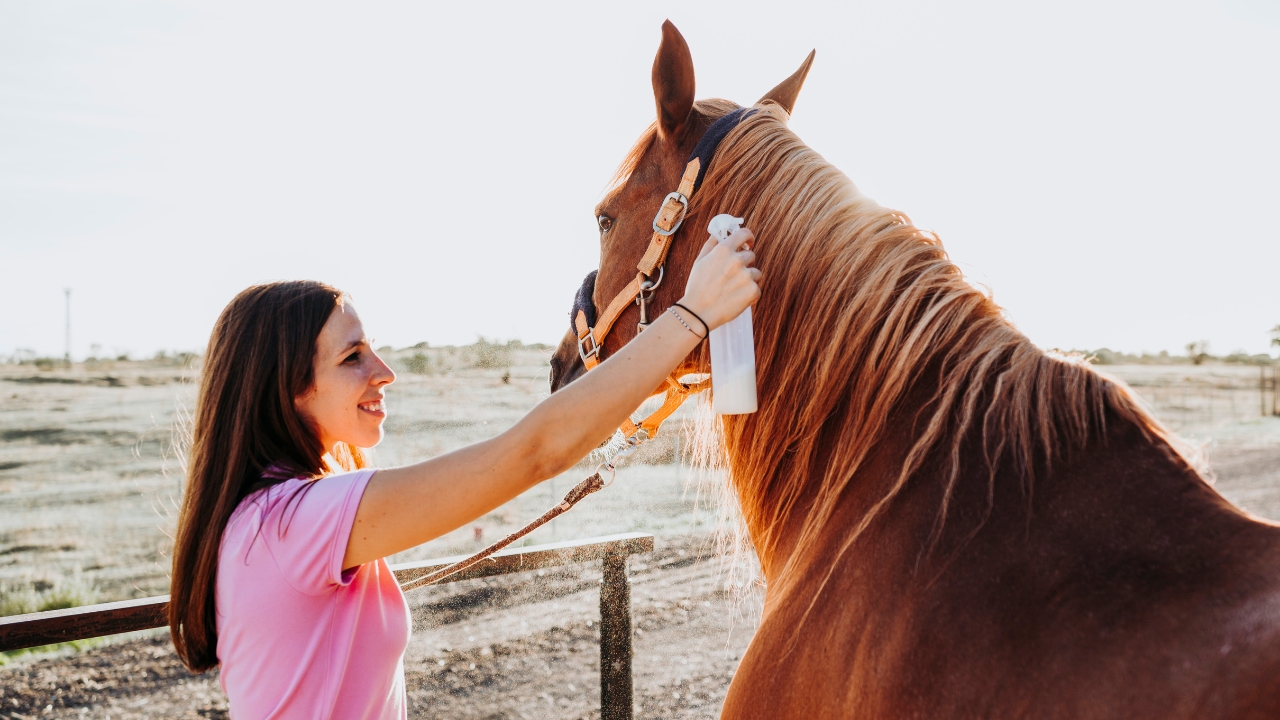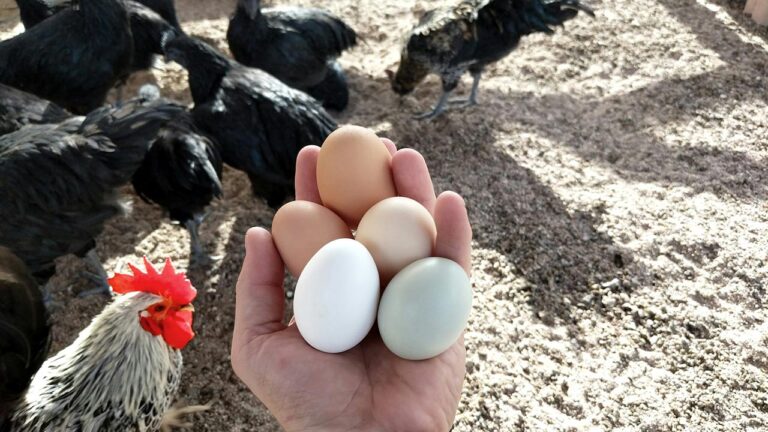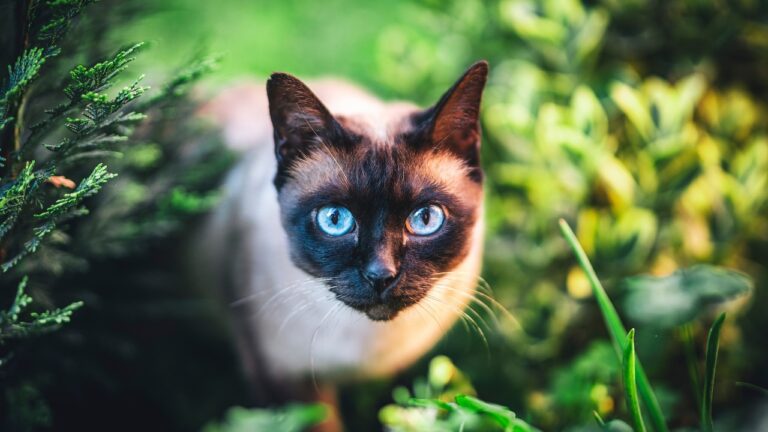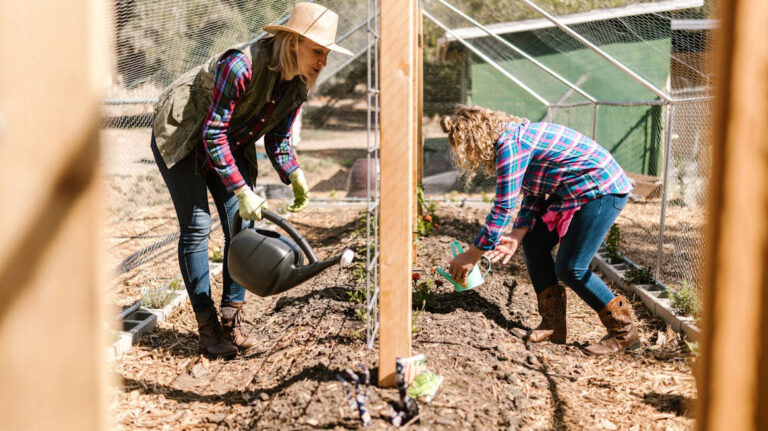8 Easy DIY Fixes for Common Livestock Problems
If you’ve got livestock, you’ve dealt with your fair share of problems—sick animals, pesky flies, bloat, you name it. And if there’s one thing you learn fast, it’s that not every issue needs an expensive fix or a last-minute trip to the feed store. A lot of the time, the best solutions are the simple ones, using things you already have on hand.
Whether you’re patching up a minor wound, keeping your animals comfortable, or dealing with something more serious like bloat, knowing a few DIY tricks can make all the difference. Here are some quick, practical fixes that’ll help you handle common livestock problems without breaking the bank.
Homemade Electrolytes for Dehydrated Animals

Dehydration can hit fast, especially in hot weather or when animals are sick. Store-bought electrolytes work, but you can make your own with ingredients you probably already have. Mix 1 teaspoon of salt, 1 teaspoon of baking soda, 1 tablespoon of sugar, and 1 quart of water.
Offer it in a clean water container or use a syringe to slowly administer it if the animal isn’t drinking on its own. This works for most livestock, including chickens, goats, and cattle. If dehydration is severe, a vet visit may still be necessary.
When NOT to Use:
- If the animal is severely dehydrated (skin stays tented when pinched, sunken eyes, dry gums), it may need IV fluids from a vet.
- For baby animals (calves, kids, or lambs), specially formulated electrolyte powders are better if available.
DIY Fly Repellent Spray
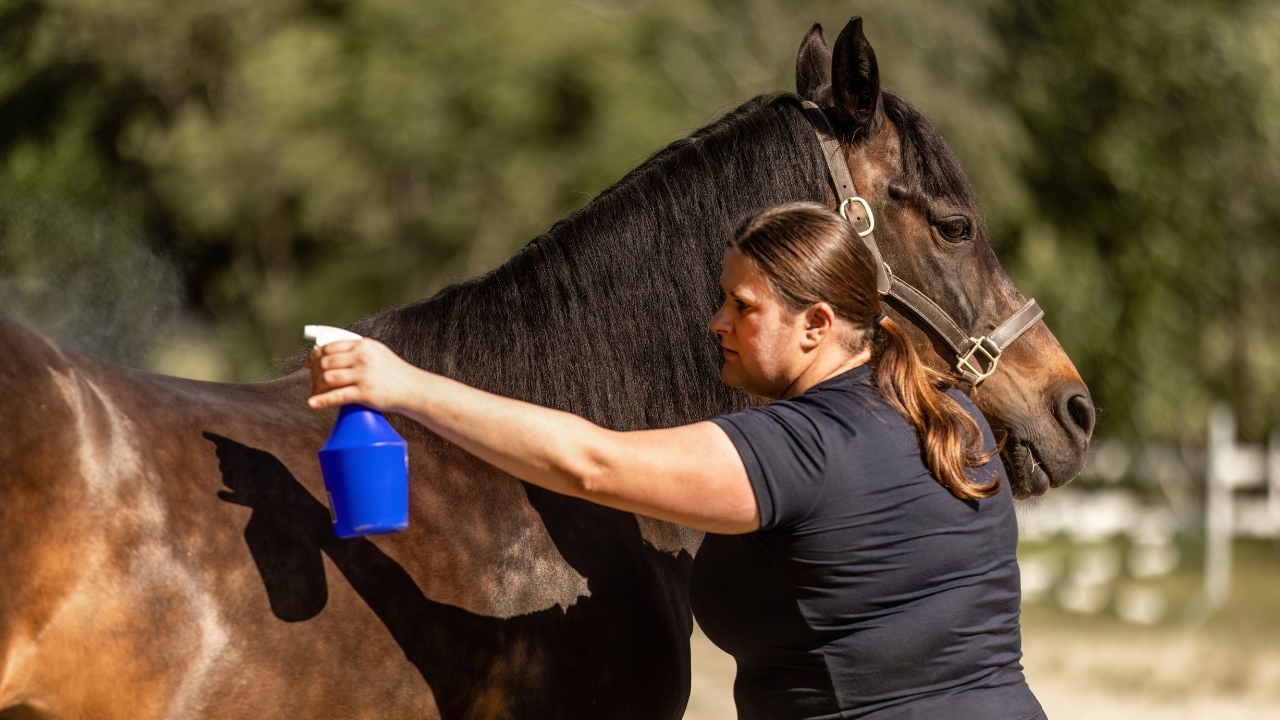
Flies are a constant battle on any farm, but you don’t need chemical-laden sprays to keep them off your animals. A simple homemade fly spray can do the job. Mix 2 cups of apple cider vinegar, 1 cup of water, 1 tablespoon of dish soap, and 10 drops of essential oil (like eucalyptus or citronella) in a spray bottle.
Spray it on your animals (avoiding their eyes) and around their shelter. This won’t eliminate flies completely, but it helps keep them at bay. Reapply as needed, especially after rain or heavy sweating.
Quick Fix for Hoof Rot
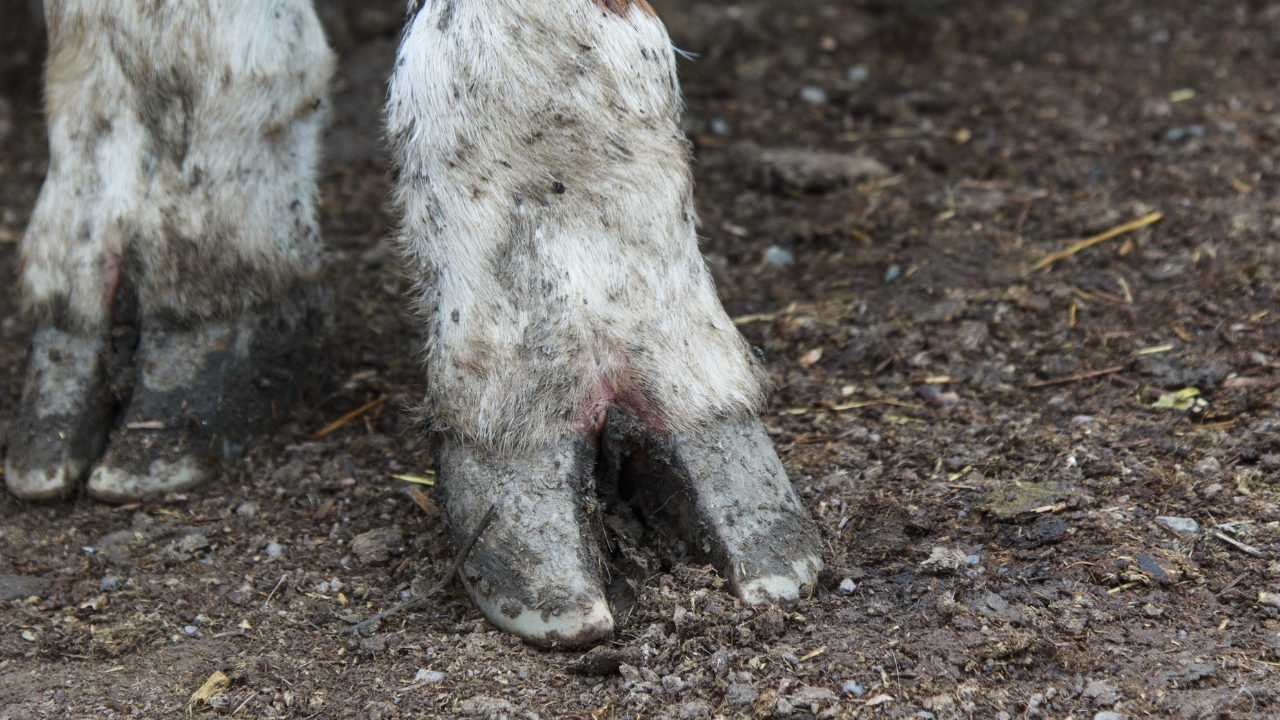
Hoof rot can set in when animals are standing in wet or muddy conditions for too long. If you catch it early, you can treat it at home. Mix 1 part copper sulfate with 4 parts water and soak the affected hoof for 5-10 minutes.
Make sure the animal is kept in a dry area while it heals. If the infection is advanced, you may need to trim away damaged hoof material or consult a vet. Regular hoof checks and keeping pens dry go a long way in preventing it.
DIY Udder Balm for Cracked Teats
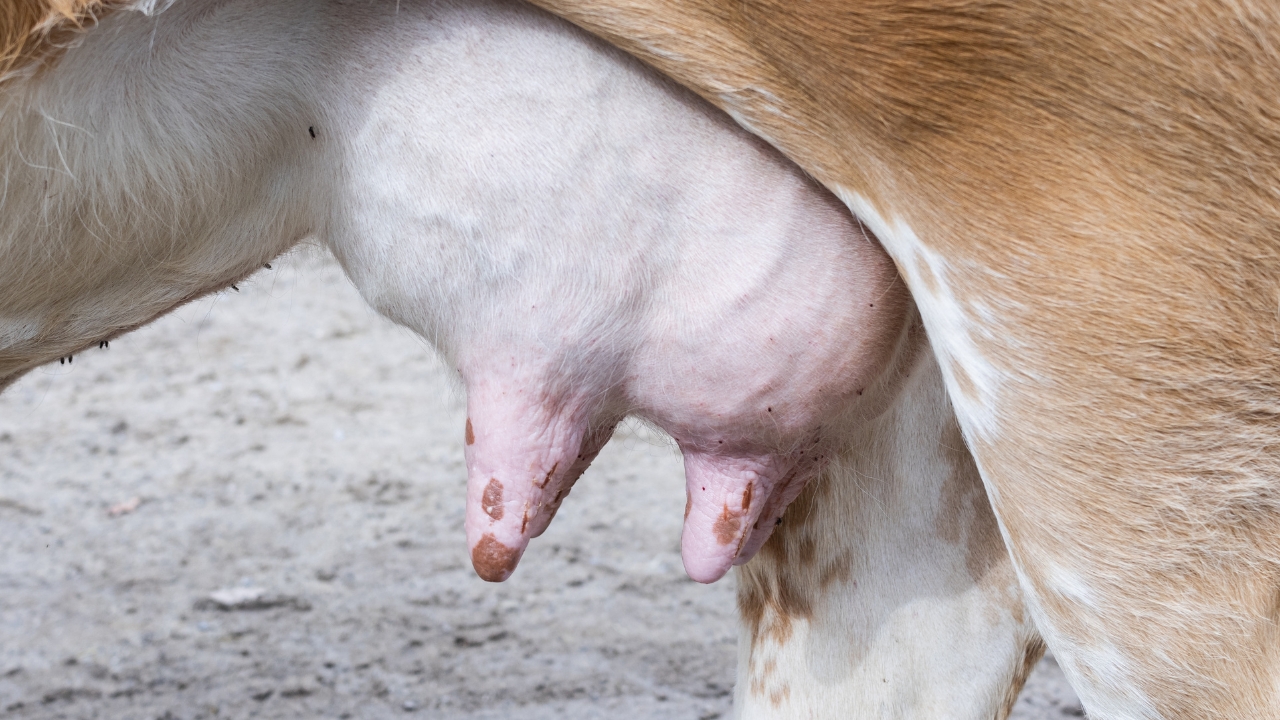
Cold weather, frequent milking, and rough nursing can leave udders dry and cracked. Instead of buying commercial balms, you can make your own with ½ cup coconut oil, 2 tablespoons beeswax, and a few drops of tea tree oil for antibacterial properties.
Melt the ingredients together and let the mixture cool before applying it. Use it daily to keep udders soft and prevent infections like mastitis. Store extra in a clean container for easy access.
Homemade Wound Spray
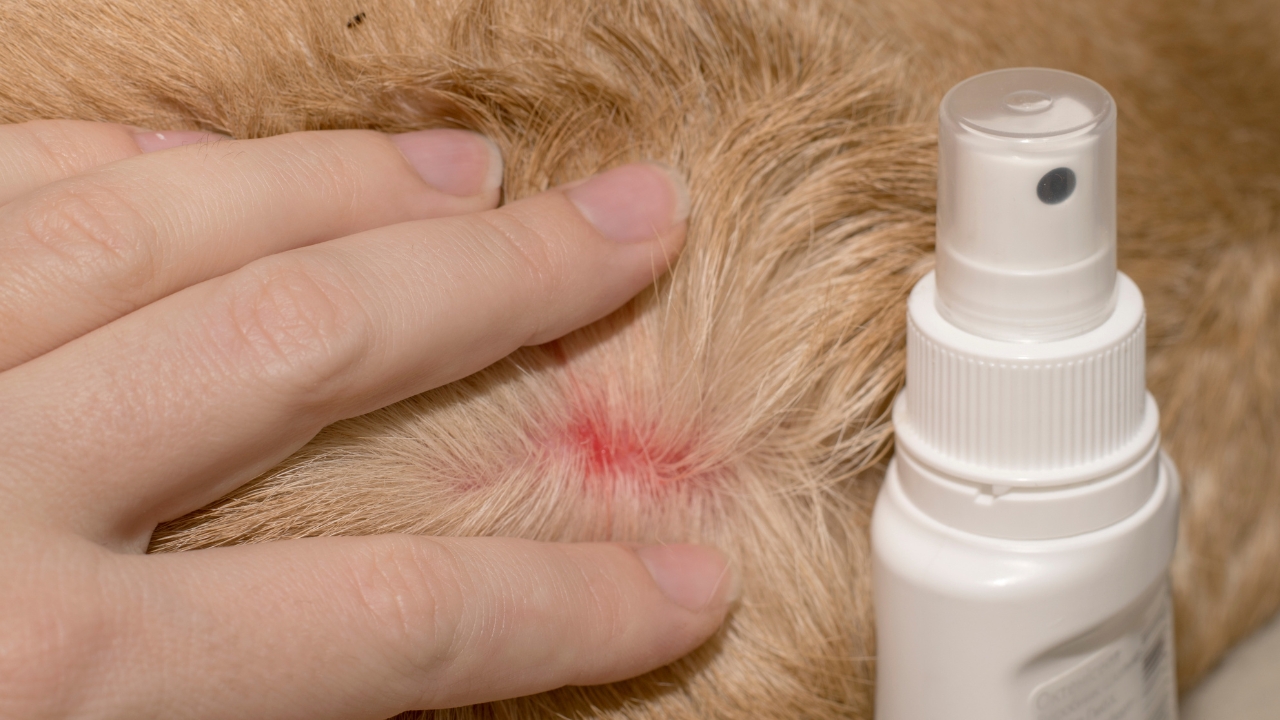
Small cuts and scrapes happen all the time, but you don’t always need a store-bought antiseptic. A simple wound cleaner can be made with 1 part apple cider vinegar and 3 parts water. This mix helps disinfect wounds without being too harsh.
Spray it directly onto minor wounds or use a clean cloth to apply it. For deeper cuts, adding a pinch of salt to the mix can help draw out infection. Always monitor wounds for signs of infection, like swelling or oozing, and call a vet if needed.
Simple Remedy for Bloating in Cattle and Goats
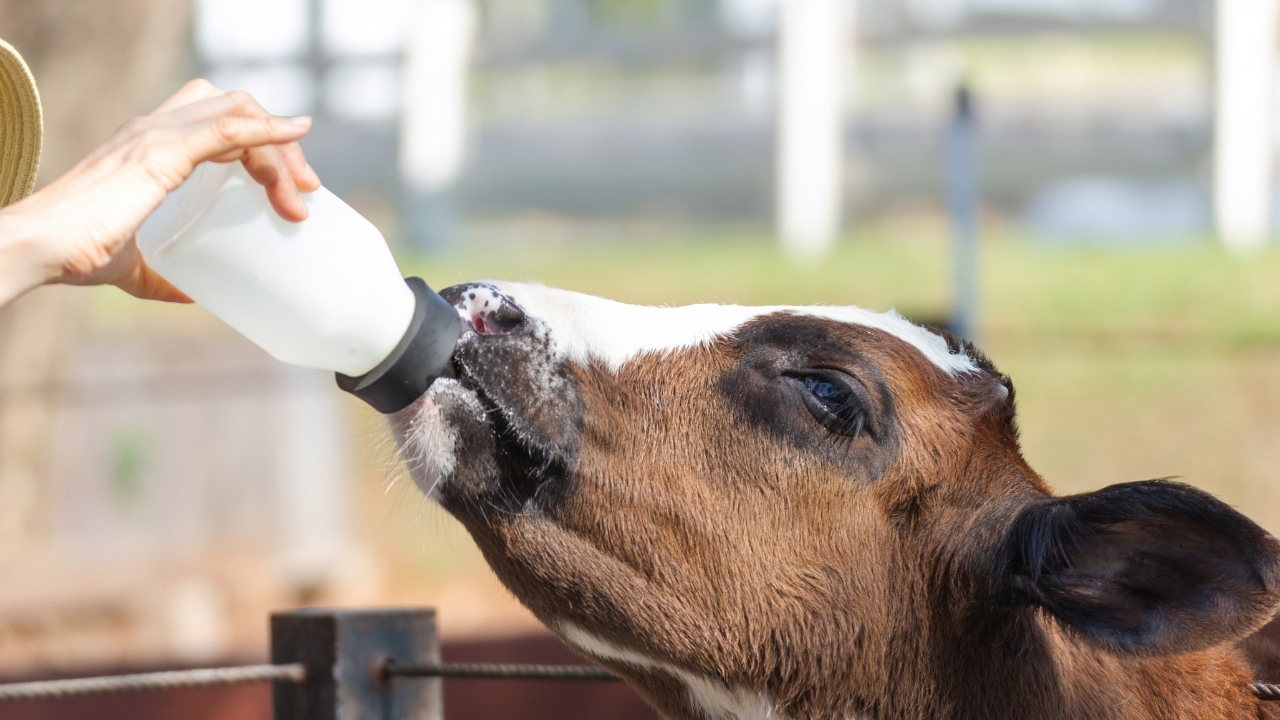
Bloat is serious, especially in ruminants like cows and goats. If you catch it early, a DIY fix can help relieve gas buildup. Mix ¼ cup of baking soda with 1 cup of warm water and drench the animal (using a syringe or bottle) to encourage burping.
Walking the animal can also help get gas moving. If bloating is severe—meaning the belly looks tight and distended, and the animal is in distress—you may need immediate vet intervention. Prevention is key, so avoid sudden diet changes and limit grain intake.
DIY Nesting Box Herbs for Healthier Chickens
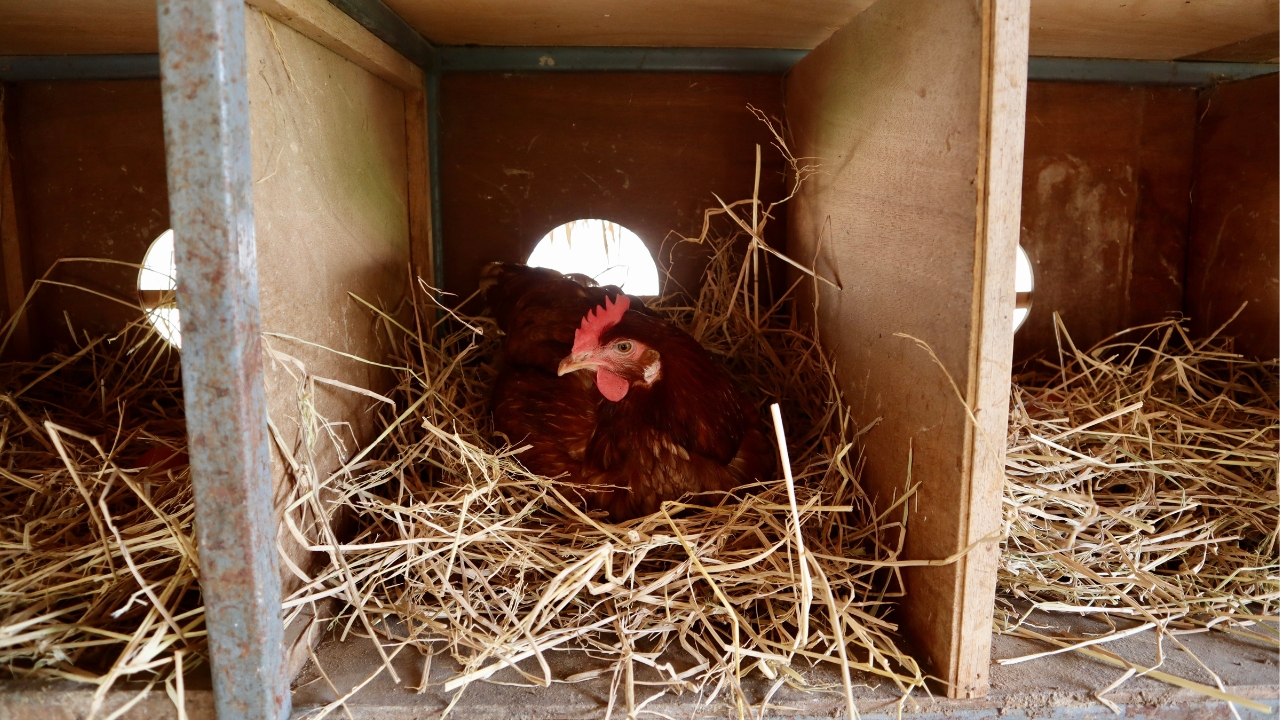
A clean nesting box means healthier, parasite-free chickens. Instead of using chemicals, adding dried herbs can help repel mites and lice. Good options include lavender, mint, oregano, and chamomile—all of which are safe for chickens.
Simply sprinkle the dried herbs in nesting boxes and around the coop. They also help freshen up the smell. Chickens enjoy scratching through them, and some herbs (like oregano) even have antibacterial properties. Refresh the herbs weekly for the best results.
Homemade Calf Bottle Feeder
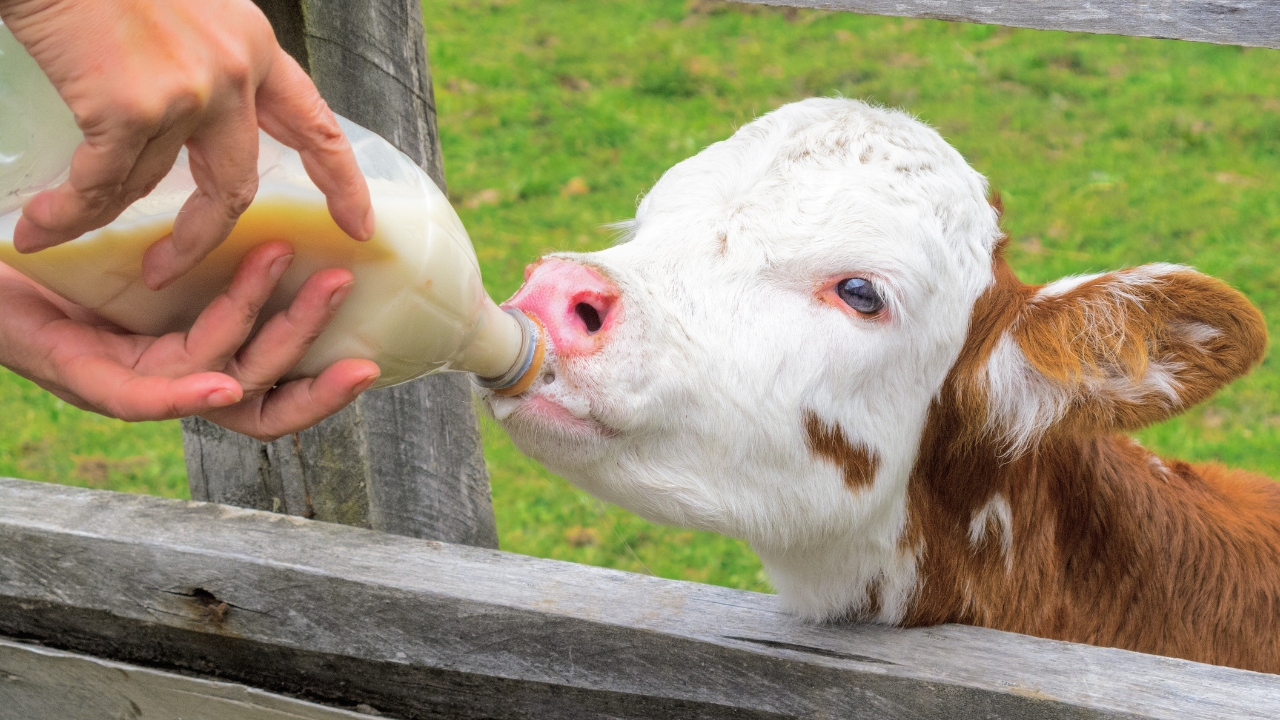
If you need a quick replacement for a lost or broken calf bottle, a clean soda bottle with a nipple attachment works in a pinch. Just make sure the nipple fits snugly and isn’t too large, as calves need a controlled milk flow to avoid choking.
Sanitize the bottle before use and warm the milk to 101-102°F (body temperature). Feed the calf in an upright position, not lying down, to prevent aspiration. While this isn’t a permanent solution, it can get you through in an emergency.
*This article was developed with AI-powered tools and has been carefully reviewed by our editors.

